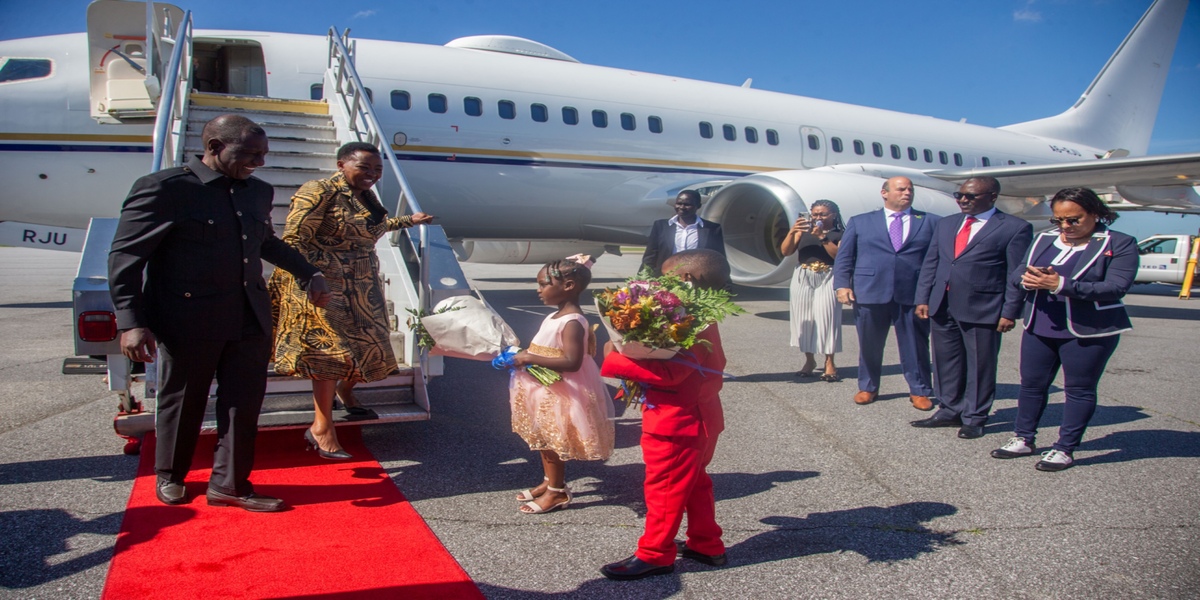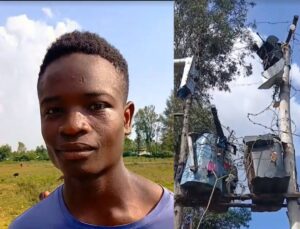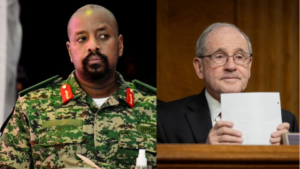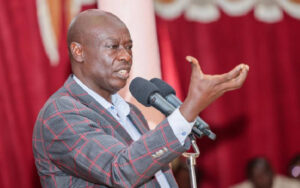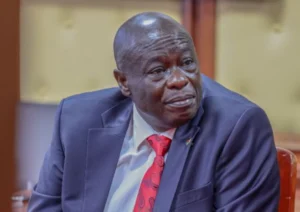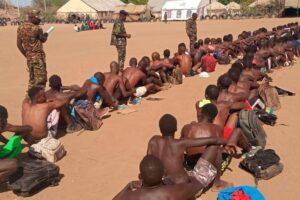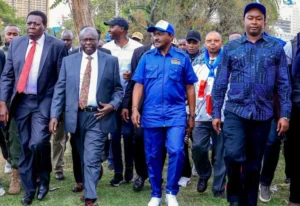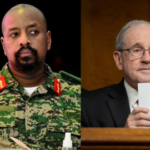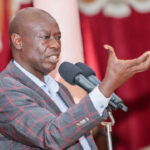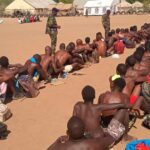On Monday afternoon, President Ruto arrived at Hartsfield Jackson International Airport in Atlanta, Georgia, ahead of a busy four-day Day visit to the United States, honouring an invitation to a state visit from his American counterpart, President Bidden. Ruto’s US visit, according to Hussein Mohamed, Statehouse spokesperson, is the first state visit made by a Kenyan head of state in two decades and the first made by an African president since 2018. The big question is, what does the visit mean to Kenya and sub-Saharan Africa?
We can recall our childhood and how exciting it was to receive your parent or guardian from a journey, with the expectation of a basket of goodies in tow. Like a dog to the owner, we’d skip excitedly asking, “Daddy umetuletea nini? Tamuu?” Oh, how exhilarating it is to recall how simple it was then, a sheltered childhood of parental love and guidance. The visit by Ruto elicits the same sentiments. What will he get us from his visit to the states?
According to the Mohamed, On Monday, Ruto will travel to Atlanta, Georgia, where he will visit the Jimmy Carter Presidential Library and Museum to emphasize the shared commitment to governance and anti-corruption between Kenya and the US. He will then visit the Ebenezer Baptist Church to honor the civil rights movement, followed by a visit to the CDC headquarters to discuss the US-Kenya health partnership. The day will conclude with Ruto and First Lady Rachel Ruto meeting the Kenyan diaspora in Atlanta.
On Tuesday, Ruto will begin his day in Atlanta at Spelman College to highlight the importance of higher education, particularly in science and technology, for attracting investments. He will then visit Tyler Perry Studios to explore opportunities in the creative economy, followed by a visit to the Coca-Cola company to forge new investments. He will also launch Vivo’s inaugural store and, along with Rachel Ruto, attend a dinner hosted by Atlanta’s mayor, Andre Dickens.
On Wednesday, Ruto will travel to Washington, DC, where he will receive full ceremonial state honors, meet with a congressional delegation, and hold discussions at Capitol Hill. On Thursday, Ruto and Rachel will lay a wreath at Arlington Cemetery to honour deceased American soldiers and historic figures, followed by a bilateral meeting with President Biden to discuss development opportunities.
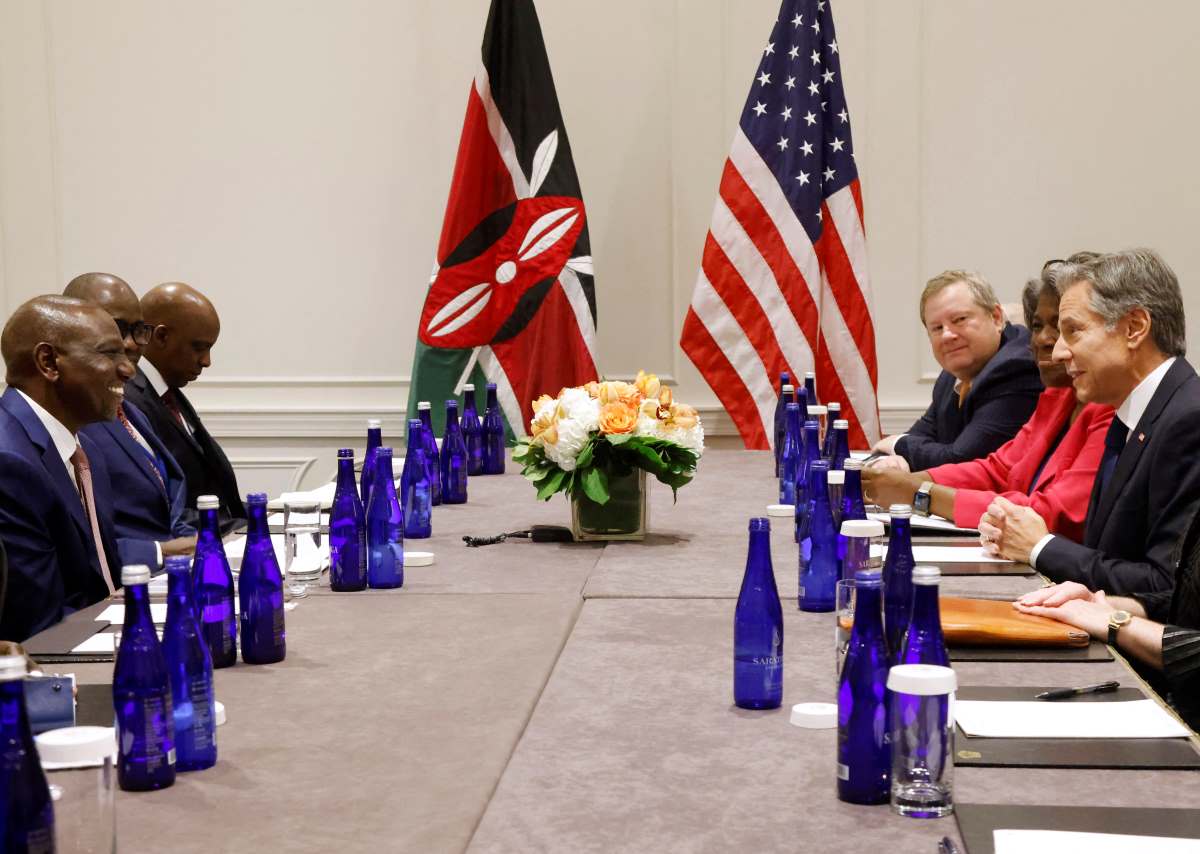
From the aforementioned, it is clear to see the strategic bilateral relationship between the two countries. As such, the invitation is viewed by some political commentators, as a move to counter China’s rising influence in Africa. Currently, Kenya has been grappling with acute liquidity challenges, informing the borrowing of more loans for development and at the same time servicing the existing loans. China is the nation’s biggest creditor and according to a senior administration official, it is essential that responsible debtors provide reprieves for countries like Kenya, whether that’s by debt service suspensions or via new grant assistance.
U.S. Treasury Undersecretary Jay Shambaugh last month warned China and other countries that have lent extensively to low-income countries against free-riding by collecting debt service payments and curtailing follow-on loans.
During a meeting of 19 African leaders at the International Development Association Summit in Nairobi, African leaders called for rich countries to commit record contributions to the World Bank’s International Development Association, a low-interest facility that developing nations rely on to help fund their development and combat climate change. This underscores the rife liquidity issue in the African states, piquing interest in the bilateral trade negotiations and discussions around finance to be had during the American visit.
Additionally, Biden and Ruto will talk about security cooperation as the U.S.-Kenyan relationship evolves from focusing on regional efforts to embracing a more global partnership. Their discussions will cover Haiti, Ukraine, Sudan, and other international hotspots.
Notably, Kenya’s deployment of police officers to Haiti has drawn a lot of criticism from activists and the Law Society of Kenya, terming it illegal. A statement issued by the LSK on Sunday, following a deployment of the first group on Saturday argued that the Court held that sections 107, 108 & 109 of the National Police Service Act must be complied with before any deployment is sanctioned.

“The provisions demand that Haiti must be gazetted as a reciprocating country and that its municipal law has provisions similar to our National Police Service Act. It has come to our attention that despite the court orders, the government has sanctioned the deployment,” LSK president Faith Odhiambo said.
The spiraling violence in the Caribbean nation is expected to take center stage at a joint news conference after their talks on Thursday. Apart from Kenya, other countries that will send officers to Haiti are; Chile, Jamaica, Grenada, Paraguay, Burundi, Chad, Nigeria, and Mauritius.


